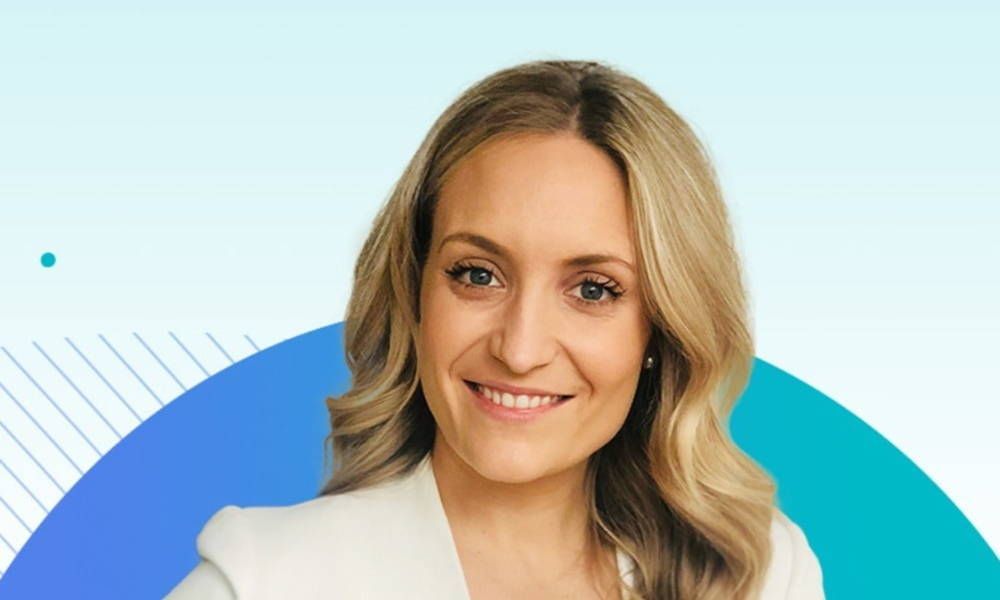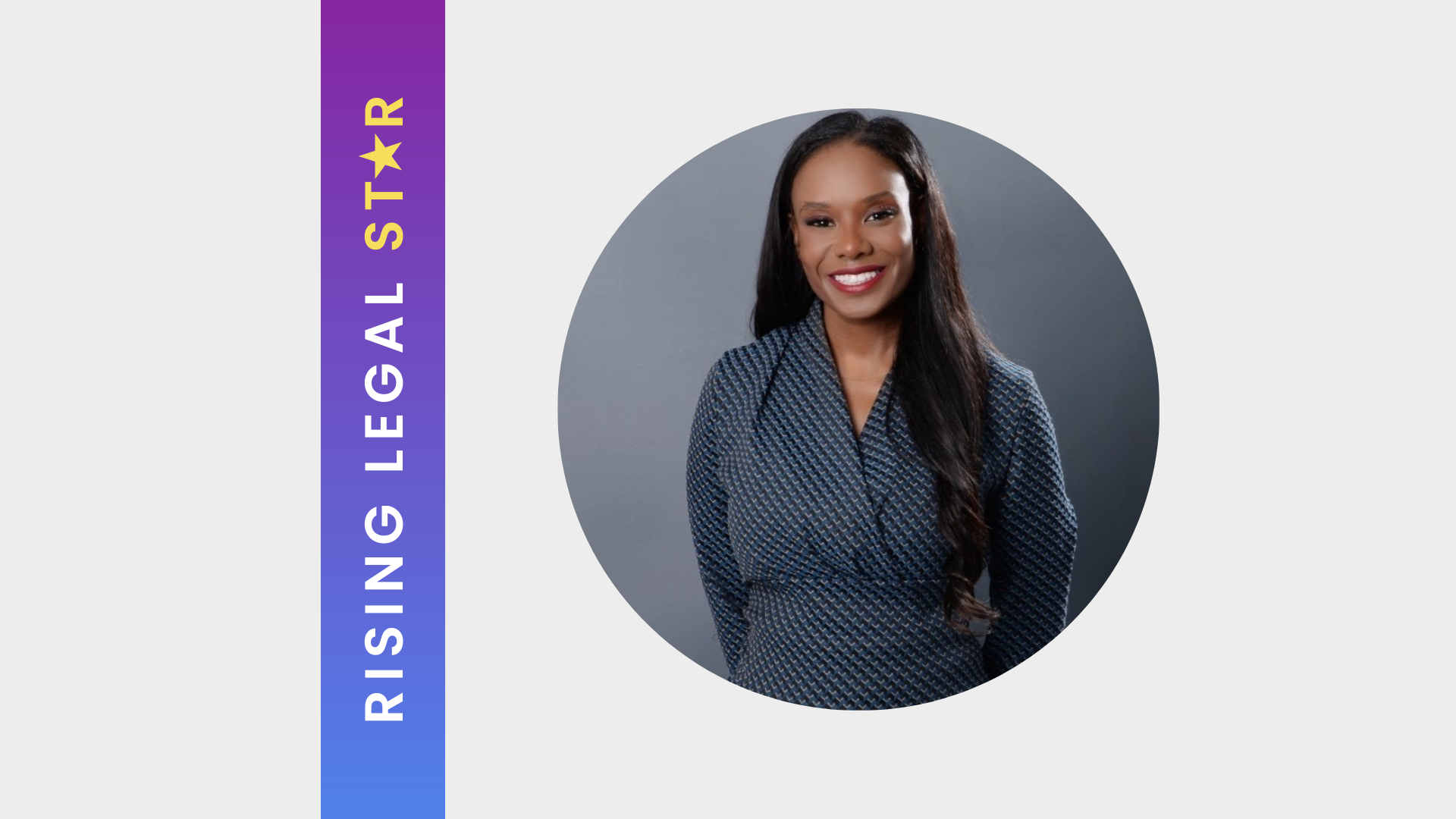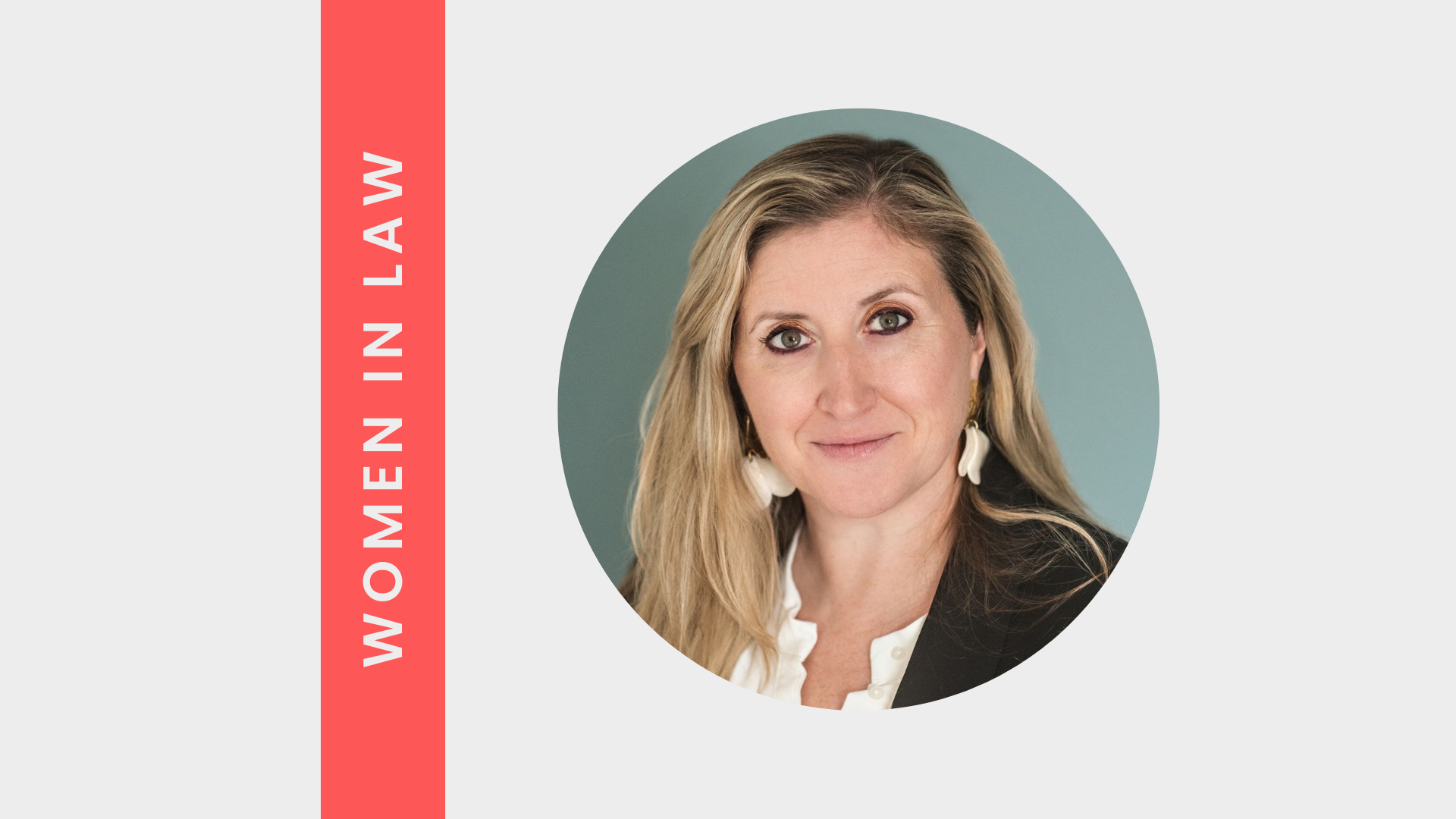Elements - Diversity & Inclusion: Betsy Westcott
Betsy Westcott is the Director of Retail Banking at Xinja Bank, an independent Australian digital bank that enables customers to make intuitive, optimised, rapid & better money decisions without the angst.

Looking at your career to date, have you encountered any unnecessary obstacles because of your gender?
Certainly not in the early stages of my career as the gender split amongst entry level roles were basically even - I think the statistic was around 44% female in entry level roles. At that point in my career, I felt very confident that my performance would be rewarded according to merit.New Paragraph
It’s a well-documented fact that as role seniority increases the percentage of women who hold those roles decreases. This has certainly been my observation too. In saying that, I have had an exciting career and don’t feel that my gender has ever stopped me from progressing or taking on more responsibility.
What I have personally experienced in a handful of environments is that I needed to be extra prepared and thorough with my work, because on face value I was assumed to be less competent than other colleagues, and that was frustrating at times.
Sometimes you see that through interactions as well. When you say something but it’s not heard until someone else says it, or when you put forth an idea and must have had every scenario mitigated for it to be deemed well thought out. I don’t think this is purely due to gender, I think it’s a combination of gender, age and my own challenges in overcoming ‘imposter syndrome’.
I’m actually grateful for the experience because it’s made me more resilient, fostered great habits such as being thorough and diligent, and increased my own confidence in my abilities.
–
Having worked in different industries/sectors, what have your experience been like in terms of diversity?
My observation of both hospitality and finance is that the level of diversity is increasing. The challenge to have more women represented in senior position remains. The fintech industry is definitely male-dominated, however, companies like Xinja are bucking the trend by deliberately focusing on building diverse teams. It’s literally rule number 9 of the Xinja’s 10 golden rules.
I think as organisations and society as a whole we have much work to do to enable parents, particularly mothers, to continue to participate in the workforce after starting a family, if they want to. For my cohort of friends and I, the conversation about starting a family circulates around the question of can we afford to, what will it do to my career, how and when could I return to work, how do you juggle it all and so on. The greatest underutilised resource in our economy is mothers in their childbearing years. According to the Grattan Institute, if Australia had the same level of working mothers as Canada, there would be a $20 million boost to our economy. I don’t have all the answers but I know that enabling both parents to partake in child rearing activities through better policies, improving the affordability of childcare and making our workplaces more accommodating to family responsibilities would help.
–
Is there a point in time when you noticed an emphasis on diversity?
I think it happened at once in both my private and professional life, when conversations around gender, relationships, and workplaces arose. That was around 6 years ago, when I really started to notice programmes aiming to sponsor women to get to those leadership positions.
–
How do you balance between your work and personal life?
I set myself clear priorities each day and stick to them. I focus on output over hours worked. In a lot of workplaces people confuse working long hours with being productive. Presenteeism does not equal productivity. I’ve learnt to work efficiently during the day, so that I can leave work at a reasonable hour and make sure I get to the gym, have a home cooked meal, see my friends, and check in with my husband, before coming back on the next day and doing it again. To be innovative, creative and happy, you need to be well rested.
Having clear priorities helps me to know what to say ‘yes’ or ‘no’ to. This allows me to create the time and space needed to get the important things done. You’ll never get everything done so it’s important to prioritise getting what matters done.
–
What do you think might be the problem with some companies' approaches and why is D&I important?
My belief is that organisations should be reflective of the society that they serve. When half of the population is female, why wouldn’t your organisation reflect that? Diversity (in all of its forms - gender, age, race, religion, experience) and inclusion is not only the right thing to do but it leads to better business outcomes. Boston Consulting group did a study that found that diverse companies actually produce 19% more revenue due to better risk management and innovation. What this tells us is that diversity is not something to simply be strived for, it’s an integral part of a successful revenue generating business.
–
Are there any initiatives at Xinja that aims to promote diversity and inclusion?
We place a heavy focus on diversity and inclusion here at Xinja. Currently two of the six Xinja board members (including the Chair) are women. Three of the seven Xinja Executive are women. And of the 39 full time employees, 21 are women. This is a great start, the challenge is in maintaining the balance as we scale. We are looking to extend that to other forms of diversity like cultural and sexual orientation.
In terms of practices, we remove names or any other identifiers from CVs that might cause unconscious bias. As an organisation, we also try to set ourselves up to work cross-functionally, to have people from different disciplines and backgrounds giving varying perspectives on how to achieve particular business outcomes. That way, we can work towards creating a robust and energetic environment, making sure that we’re validating our assumptions and also getting to the right answers.
–
Where do you think we are in the journey?
We’ve come a long way but there is still a lot more to do, especially around unconscious bias in terms of gender and cultural backgrounds. Currently there are societal changes taking place, where we see gender roles at home changing. Having the option to choose is great for everyone, as women are no longer shamed for choosing to work and men are no longer patronised for choosing to take a more active role in parenting.
–
And what do you think would be next?
Over and above promoting diversity and inclusion, I think organisations need to change their expectations of their staff always being on and available 24/7. This expectation leaves them no time to play or rest, and it’s really hurting us as the human race. Personally, I appreciate that getting the balance between work and life takes conscious effort. It’s a daily practice for me. As a leader I encourage my team to work smart and efficiently, I don’t support presenteeism or working long hours when it’s not productive. We work to live and not vice versa.
–
As the business continues to evolve, do you foresee diversity and inclusion staying as a part of the DNA of the business?
Yes, we are very committed to it. Obviously, there would be more governance and framework as we scale-up, but we are very deliberate in maintaining the practices we started in the beginning, and have been clear about the kind of workplace we want to create – flat hierarchy, lots of diversity in terms of skills, gender, background, and thought. We want a diverse team that’s united by a shared ‘why’. As in “why” we’re all here. It’s something that has always united us at Xinja in building a bank that’s here to help customers get ahead and do more with their money by understanding it better.New Paragraph
Our latest insights







